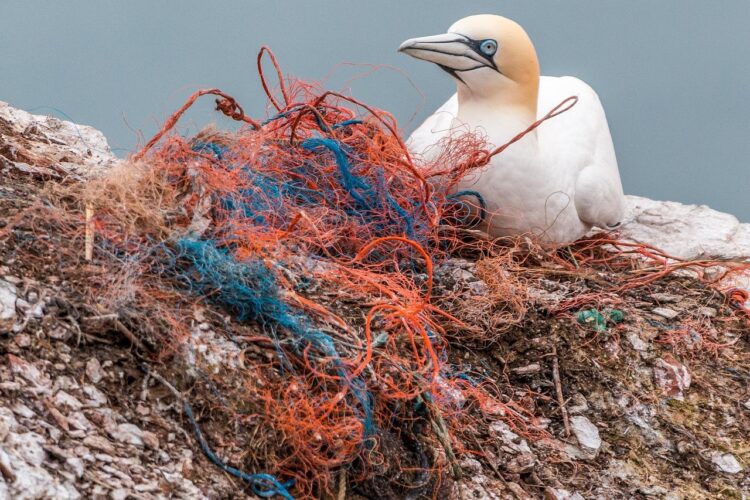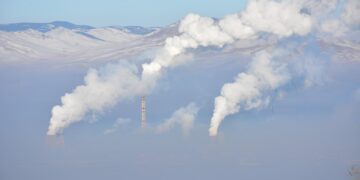Sinking Futures: Exploring the Impact of Ocean Warming on Global Ecosystems
As the planet warms, our oceans bear the brunt of climate change, affecting marine life and global ecosystems in fundamental ways. The gradual increase in sea temperatures has triggered a cascade of environmental repercussions, from altering species distribution to threatening coastal communities. This article delves into the profound impacts of ocean warming, exploring how these changes affect biodiversity, human society, and future sustainability.
The Science Behind Ocean Warming
Ocean warming is primarily caused by the increase of greenhouse gases in the atmosphere, predominantly carbon dioxide (CO2) from burning fossil fuels. The oceans absorb about 90% of the excess heat from these greenhouse gases. This phenomenon not only raises water temperatures but also contributes to ocean acidification, further endangering marine life.
Effects on Marine Biodiversity
One of the most alarming consequences of ocean warming is its detrimental effect on marine biodiversity. Species dependent on specific temperature ranges are forced to migrate, adapt, or face extinction. Coral reefs, often referred to as the “rainforests of the sea,” are particularly vulnerable. These ecosystems are integral to marine life and offer economic benefits through tourism and fishing. Unfortunately, increased temperatures lead to coral bleaching, a stress response that can result in mass coral die-offs.
Impacts on Fishing Industry
The fishing industry also feels the impacts of ocean warming. As warm-water fish move towards cooler areas, the geographic distribution of numerous fish species shifts, which disrupts traditional fishing grounds and poses challenges for fishery management and local economies dependent on fishing.
Rising Sea Levels and Impacts on Coastal Areas
Ocean warming contributes to sea level rise in two main ways: thermal expansion of seawater and the melting of ice over land, including glaciers and polar ice caps. Rising sea levels threaten coastal ecosystems such as mangroves and salt marshes, and increase the frequency and intensity of flooding, affecting millions of people living in coastal regions.
Threats to Coastal Biodiversity
The escalating sea levels encroach on habitats for birds, fish, and various marine organisms, eroding beaches and inundating wetlands. Over time, these conditions can lead to severe loss of biodiversity and shifts in ecosystem structures which impact not only wildlife but also the communities that rely on these ecosystems for survival and economic activities.
Socioeconomic Repercussions
Beyond environmental damage, the socioeconomic implications of ocean warming are profound. Changes in sea temperature and sea levels can lead to significant economic losses in sectors such as tourism, fisheries, and marine transport. Additionally, coastal communities worldwide face increased vulnerability to storm surges and hurricanes, with low-lying areas at particular risk of recurrent flooding and even permanent submersion.
Global and Local Responses
Addressing the challenges posed by ocean warming will require concerted global and local efforts. Strategies such as reducing CO2 emissions, enhancing marine protected areas, and investing in sustainable fisheries are critical. Governments, organizations, and communities must collaborate to build resilience against the impacts of ocean warming, particularly in vulnerable regions.
The Path Forward
Innovation and adaptation are key to mitigating the effects of ocean warming. This includes developing green technologies, promoting renewable energy sources, and implementing advanced coastal management practices. Furthermore, raising public awareness and fostering a broader understanding of ocean conservation are vital steps in mobilizing collective action to protect our oceans and the myriad of life they support.
Conclusion
Ocean warming poses critical challenges to global ecosystems and human societies. By comprehensively understanding its impacts and implementing robust mitigation and adaptation strategies, we can safeguard our marine environments for future generations. The health of our oceans is intimately connected to the Earth’s overall climate system, and protecting this vital resource is essential for the planet’s overall resilience and sustainability.
Frequently Asked Questions
What causes ocean warming?
Ocean warming is primarily caused by the accumulation of greenhouse gases in the Earth’s atmosphere, leading to global temperature rises and significant changes in climate patterns.
How does ocean warming affect marine life?
Increased sea temperatures can lead to habitat disruption, forced migration, and even extinction of marine species. Coral reefs, which are particularly sensitive to temperature changes, suffer from coral bleaching and subsequent die-offs.
What can be done to combat ocean warming?
Efforts to combat ocean warming include reducing greenhouse gas emissions, protecting and restoring marine ecosystems, transitioning to renewable energy sources, and enforcing legislation to minimize pollution.











